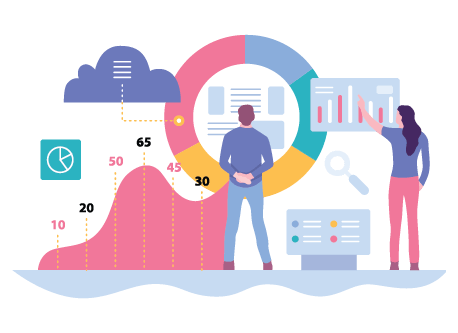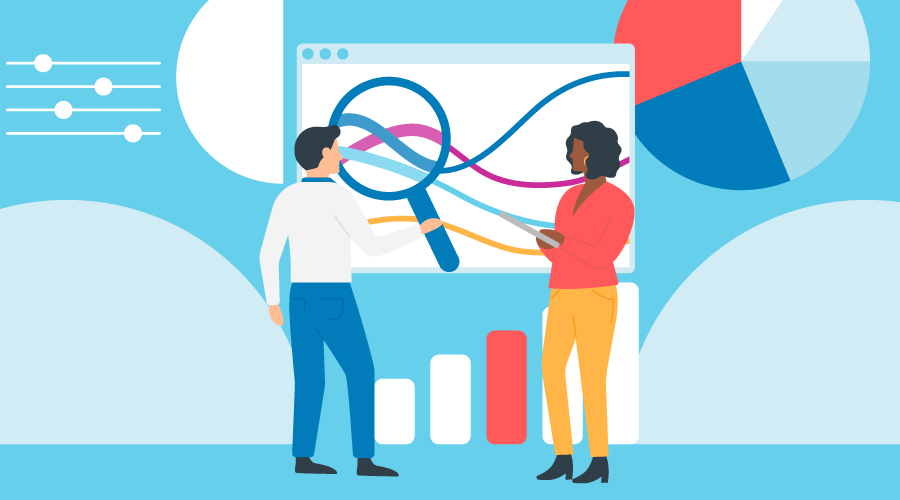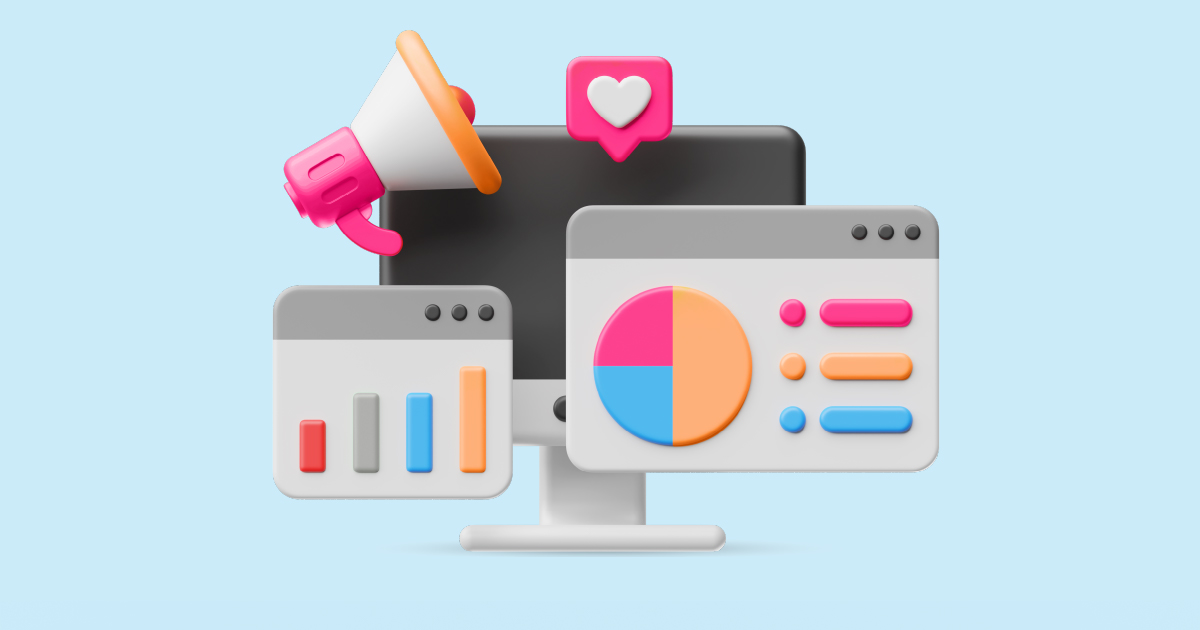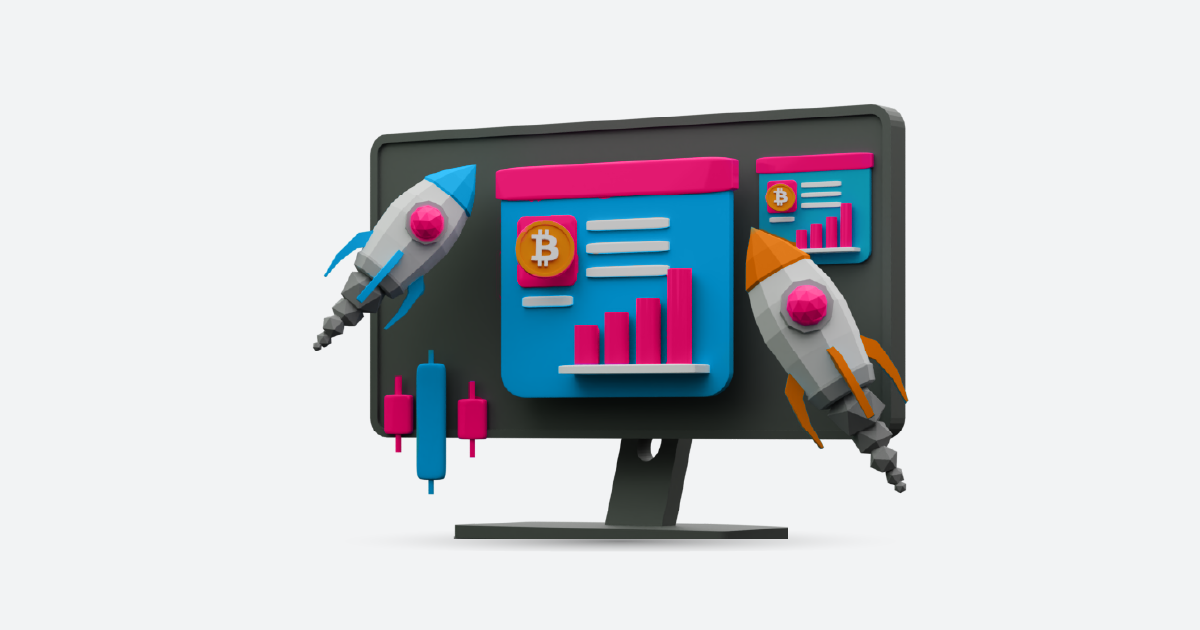Social media has become an integral part of our lives, shaping opinions, trends, and even business decisions. In this digital age, where information travels at the speed of light, companies need to be vigilant about what people are saying about their brand. This is where social listening and monitoring come into play.
Introduction to Social Listening and Monitoring

Social listening and monitoring involve the process of tracking conversations and analyzing online discussions about specific topics, keywords, brands, or industries. It provides valuable insights into customer sentiments, market trends, and competitor activities.
Why Social Listening Matters
1. Understanding Customer Sentiments
Social listening allows businesses to gauge the public’s reactions to their products or services. By understanding customer sentiments, companies can tailor their marketing strategies and product offerings to meet consumer needs effectively.
2. Tracking Brand Mentions
Monitoring brand mentions across various social media platforms helps in reputation management. Addressing customer feedback promptly can turn negative experiences into positive ones, enhancing customer satisfaction.
Social Listening Tools
1. Sentiment Analysis Tools
Sentiment analysis tools, powered by artificial intelligence, assess the tone of online conversations. They identify whether the sentiment is positive, negative, or neutral, providing businesses with actionable insights.
2. Social Media Monitoring Platforms
Dedicated social media monitoring platforms aggregate data from multiple sources, offering in-depth analysis. These platforms track brand mentions, hashtags, and keywords across various social media channels.
Strategies for Effective Social Listening
1. Identifying Key Social Media Channels
Different demographics prefer different social media platforms. Identifying the key channels where the target audience is active ensures that social listening efforts are focused and yield relevant data.
2. Monitoring Competitor Activities
Social listening isn’t limited to one’s brand. Monitoring competitor activities provides businesses with a competitive edge. Analyzing competitor strategies can inspire innovative approaches and highlight gaps in the market.
3. Utilizing Hashtags and Keywords
Using relevant hashtags and keywords in social listening searches helps in narrowing down the focus. This specificity ensures that the data collected is pertinent to the topics of interest.
Benefits of Social Media Listening
1. Enhancing Customer Experience
By addressing customer concerns in real time, businesses can enhance customer experience. Prompt responses show that the company values its customers, fostering brand loyalty.
2. Improving Product Development
Social listening provides direct feedback on products or services. This valuable input can guide product development efforts, ensuring that businesses create offerings that align with customer expectations.
3. Crisis Management and Reputation Building
In times of crisis, social listening helps businesses stay ahead of negative publicity. Rapid response and proactive measures can mitigate damage, preserving the brand’s reputation.
Challenges
1. Dealing with Data Overload
The vast amount of data generated online can be overwhelming. Effectively sorting through this data and extracting meaningful insights pose a challenge to businesses engaged in social listening.
2. Ensuring Data Accuracy
Misinterpretation of data can lead to erroneous conclusions. Ensuring data accuracy and reliability is crucial for making informed business decisions based on social listening insights.
3. Privacy and Ethical Concerns
With privacy regulations becoming stricter, businesses must navigate the ethical landscape of social listening. Respecting user privacy and adhering to ethical guidelines is paramount.
Future Trends
1. AI and Machine Learning Advancements
Advancements in artificial intelligence and machine learning are revolutionizing social listening. These technologies enable more accurate sentiment analysis and predictive analytics, empowering businesses with futuristic insights.
2. Integration with Customer Relationship Management (CRM) Systems
Integrating social listening data with CRM systems provides a comprehensive view of customer interactions. This holistic approach allows businesses to personalize their marketing strategies and improve customer engagement.
Conclusion
In conclusion, social listening and monitoring are indispensable tools in today’s competitive business landscape. By actively listening to their audience, companies can enhance customer experience, manage their reputation effectively, and stay ahead of market trends. Embracing the power of social listening is not just a strategy; it’s a necessity for businesses striving for sustainable growth.
To experience the transformative impact of social listening on your business, request a demo from AIM Technologies today. Discover how our cutting-edge solutions can elevate your brand’s online presence and customer engagement strategies.
FAQs
What is the difference between social listening and social monitoring?
- Social listening involves analyzing the context and sentiments behind social media conversations, whereas social monitoring focuses on tracking specific keywords, mentions, or hashtags without deeper analysis.
How often should businesses engage in social listening activities?
- Regular monitoring is essential, but the frequency depends on the business goals. Some companies do it daily for real-time responses, while others opt for weekly or monthly analyses.
Can social listening help in identifying new market trends?
- Yes, social listening can identify emerging trends by analyzing discussions and patterns. It provides valuable insights into what customers are talking about, helping businesses adapt to changing market demands.
What are some common mistakes to avoid in social listening?
- One common mistake is ignoring negative feedback. Addressing negative comments professionally can turn unhappy customers into brand advocates. Another mistake is relying solely on automated tools without human analysis, leading to misinterpretation.
Are there free tools available for social listening and monitoring?
- Yes, several free and paid social listening tools are available, such as Google Alerts, Hootsuite, and Mention. However, for in-depth analysis and advanced features, businesses often




